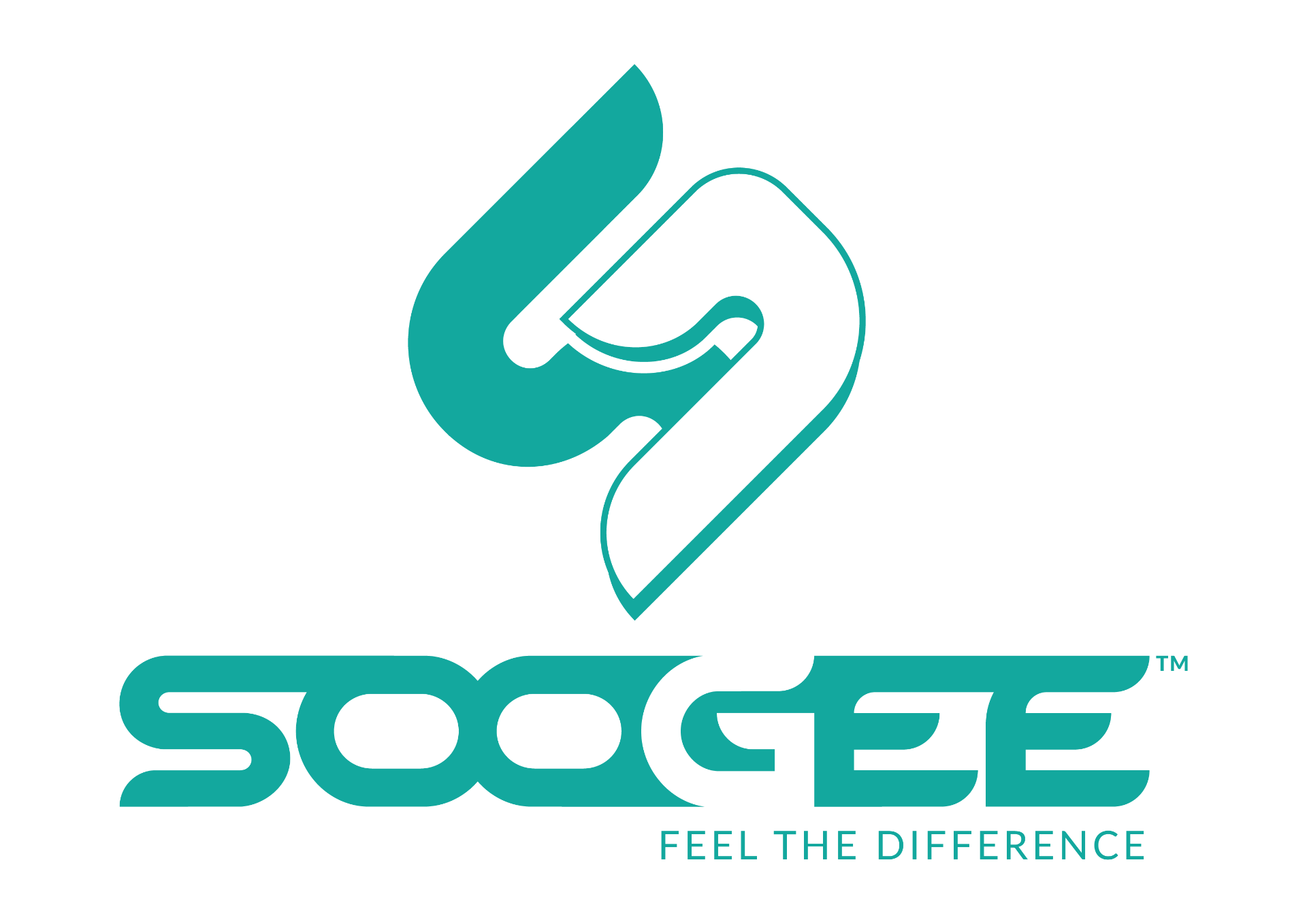Dental health is surrounded by myths and misconceptions that can lead to confusion about proper care. Believing in these myths can potentially harm your teeth and gums. In this article, we’ll uncover the truth behind some of the most common dental myths and set the record straight.
Myth 1: Whitening Toothpaste Damages Your Teeth
Many people believe that whitening toothpaste erodes enamel and harms teeth. The truth is, most whitening toothpaste contains mild abrasives and safe chemicals designed to remove surface stains. As long as you use them as directed, they are unlikely to cause any damage. However, overusing them or brushing too aggressively can lead to enamel wear, so it’s important to use a soft-bristled toothbrush and follow the manufacturer’s guidelines.
Myth 2: Sugar Is the Only Cause of Cavities
While sugar is a significant contributor to cavities, it’s not the sole culprit. Cavities occur when bacteria in your mouth feed on carbohydrates, producing acids that erode your enamel. These carbohydrates can come from starchy foods like bread, pasta, or even fruits. The key to preventing cavities is proper oral hygiene—brushing, flossing, and rinsing with water after eating can help keep bacteria and acids in check.
Myth 3: You Should Brush Harder for Cleaner Teeth
Brushing harder doesn’t mean cleaner teeth; it can actually cause harm. Excessive pressure can wear down enamel and irritate your gums, leading to sensitivity and gum recession. Instead, focus on using gentle, circular motions with a soft-bristled toothbrush. Brushing effectively is about technique, not force.
Myth 4: You Don’t Need to See a Dentist If You’re Not in Pain
Pain is often a late indicator of dental issues, such as cavities, gum disease, or infections. Regular dental checkups can catch problems early, before they become painful or expensive to treat. Dentists can also spot issues like oral cancer or early signs of enamel wear that you might not notice on your own. Aim to visit your dentist at least twice a year for preventive care.
Myth 5: Chewing Gum Can Replace Brushing
Chewing sugar-free gum, particularly those containing xylitol, can help freshen breath and stimulate saliva production, which neutralizes acids and cleans your mouth. However, it’s no substitute for brushing and flossing. Gum can’t remove plaque or clean hard-to-reach areas between teeth. Think of it as a supplement to your oral care routine, not a replacement.
Myth 6: Baby Teeth Don’t Need Much Care Because They Fall Out
Some parents assume that baby teeth don’t require much attention since they’re temporary. However, baby teeth play a crucial role in speech development, chewing, and guiding permanent teeth into place. Neglecting them can lead to cavities, infections, and even issues with adult teeth alignment. Teaching kids proper oral hygiene early sets the stage for lifelong dental health.
Believing dental myths can lead to poor habits and unnecessary dental issues. By understanding the facts, you can make better decisions for your oral health. Regular dental visits, proper brushing and flossing, and a balanced diet are the best ways to maintain a healthy smile.
